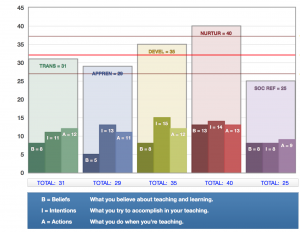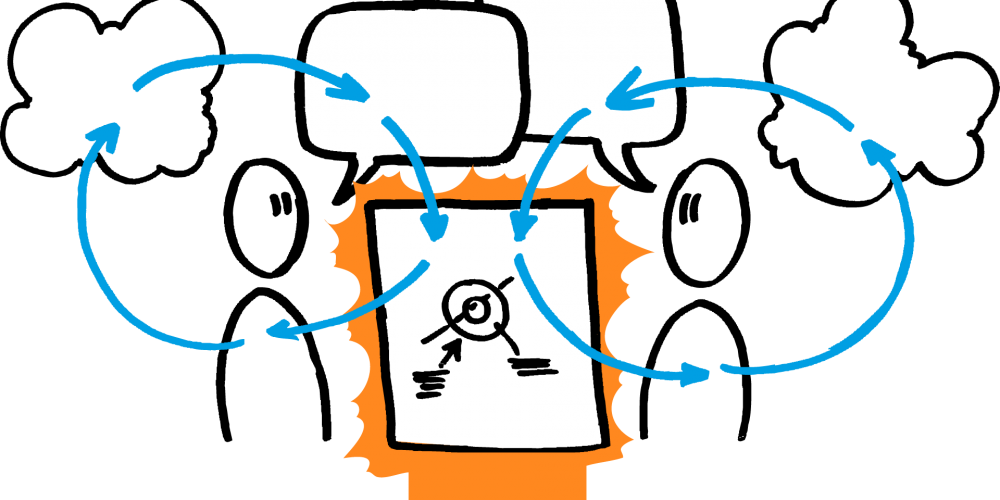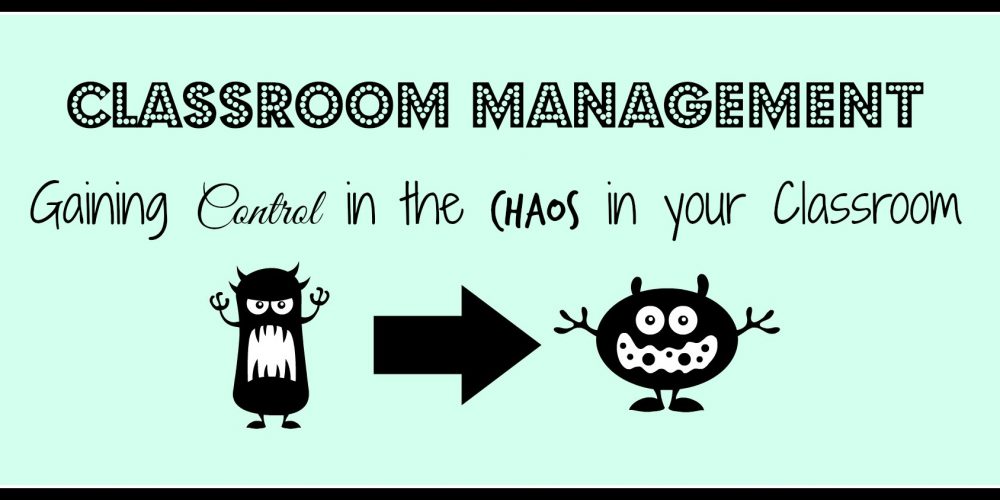This is the last week before everyone goes into the long practicum; everyone is busy working on lesson plans, unit plans, putting in final touches, etc. While I’m here writing my blog posts. I think the reason I’m not “working” on preparation is because I already feel prepared enough already for it. Everyone says you cannot be “too” prepared for the long practicum, and that you will be stressed and be sleep deprived; However, I feel that if you emphasize and focus too much on the negative aspects of the long practicum, it will put more stress on your life.
I know that the practicum is something new for everyone, and that everyone is kind of freaking out about it. Many of my peers feel under prepared for it, have no idea what’s in store for them, and are just lost in the plethora of finishing up assignments (like this one). I for one feel a little nervous, but not really stressed about the whole situation. I think the reason I feel this way is that I have previous experience in teaching in a classroom, and through that experience, I realized that by actually being in the classroom, teaching, and getting used to the schedule, you naturally will adjust and adapt to the situation.
Although some people may not like their practicum placements, I encourage everyone to get the most out of this experience; in the end, this practicum does not define who you are as a teacher. It is there to help you improve your teaching pedagogy, your lesson plans, your assessments, etc. and it is placed in this time to help you become a better educator. Do not be so hard on yourself; instead, go in the classroom with an open mind, be respectful to all students and staff, and have a fun time during practicum!







